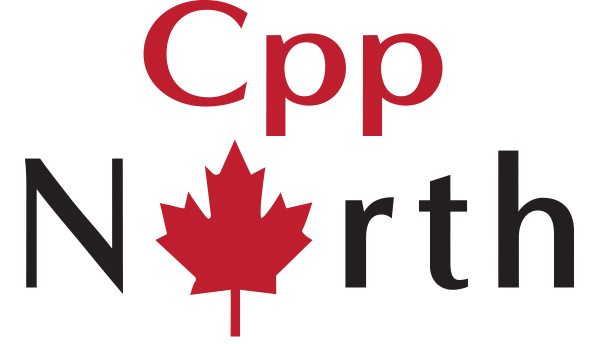CppNorth 2025 Sponsors
Gold
Video Sponsors

Peter Sommerlad
<p>Peter Sommerlad is a consultant and trainer for Safe Modern C++ and Agile Software Engineering. Peter was professor at and director of IFS Institute for Software at FHO/HSR Rapperswil, Switzerland until February 2020. Peter is co-author of POSA Vol.1 and Security Patterns. He inspired the C++ IDE Cevelop with a unique C++ feedback, refactoring, and code modernization experience. Peter is a member of MISRA-C++, Hillside, ACM, IEEE Computer Society, ACCU, ISO WG23 and the ISO WG21 C++.</p>
<h3>1 day workshop</h3>
<h2>Abstract</h2>
<p>C++ programmers suffer from the language's complexity as well as from
its "super power" of backward compatibility that manifests known and
sometimes lesser known deficiencies in language and standard library
design.</p>
<p>In application areas where human live or capital is at risk, safe and
secure code is a must, but even in other domains the internal quality of
C++ programs is an important factor for programmers' effectiveness.</p>
<p>Writing safe and secure code is hard, and requires to circumvent
undefined behavior and also portability issues, when development and
target platforms differ.
Knowing C++ vulnerabilities and potential mitigations is a first step to
write better code.
Fortunately, there exist guidelines and collections of potential
programming pitfalls to draw from. Those might recommend to not use a
language feature or use it in a specific way. Often enforced by static
analysis tools, such guidance and tooling falls short when applied as an
afterthought.</p>
<p>Also, guidelines might be formulated in a way that require you to
violate them to achieve the goals of a system.
Each deviation from such guidelines should be well thought of, must be
documented for safety critical systems, and at best becomes tightly
encapsulated.</p>
<p>Using dedicated libraries can help with sidestepping some of the
vulnerability problems, such as the woes of implicit conversions of
built-in integer types.</p>
<p>This workshop will show you where to look for pitfalls, as well as
highlight specific ones and provides concrete design guidance and some
libraries to use for your own C++ design and code to follow, so that
your code becomes safer and less risky.</p>
<h2>Outline</h2>
<ul>
<li>Properties of Safe and Secure Code</li>
<li>Origins and Evolution of Guidelines</li>
<li>From "Dos and Don'ts" to Design</li>
<li>Conscious Class Design</li>
<li>Value Values</li>
<li>Flavors of Manager Types</li>
<li>Strong Types (optional)</li>
<li>Integer types without UB and overhead (optional)</li>
<li>Understand Relationship Risks</li>
<li>Putting Plain Pointers away</li>
<li>AMA (ask me anything)</li>
</ul>
<h2>Dates</h2>
<p>The workshop takes place on Saturday, July 15th prior to the start of the conference. Find out more details about fees and about the schedule <a href="workshops.html">here</a>.</p>


